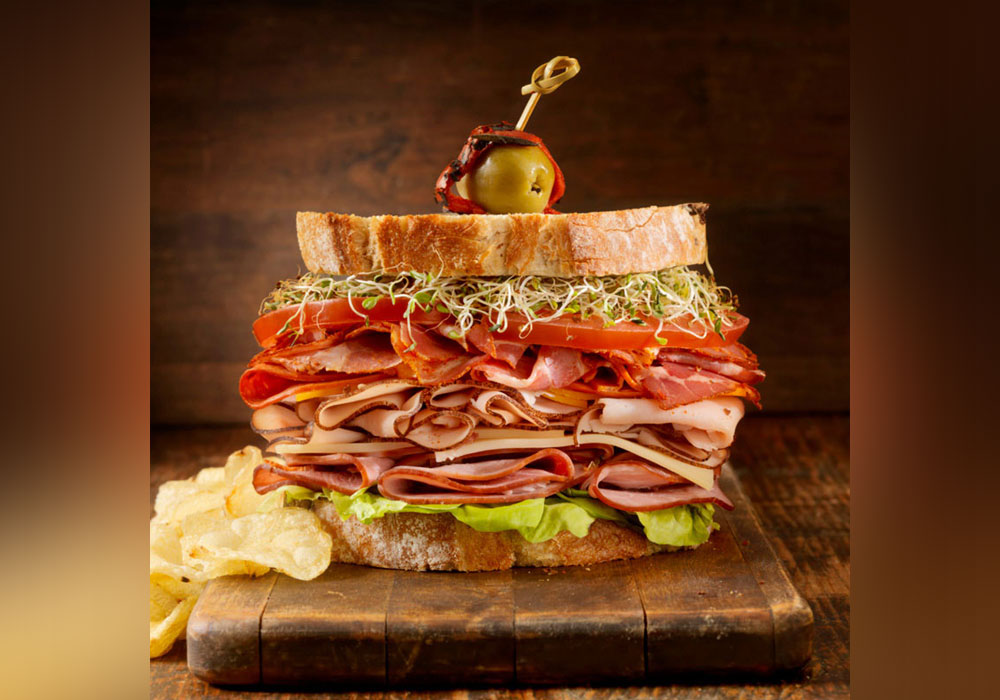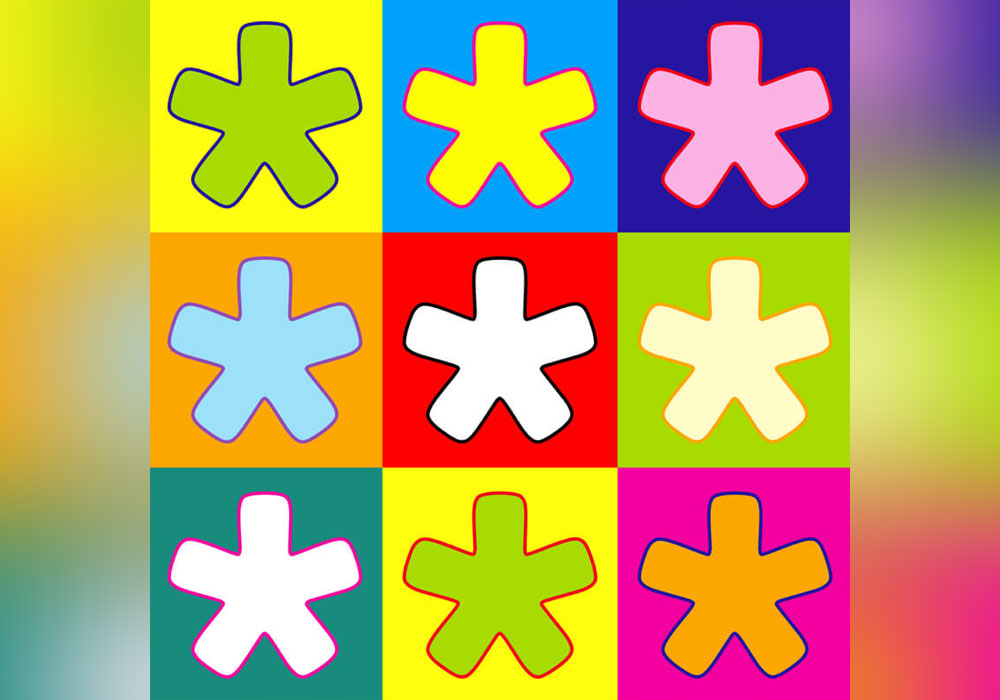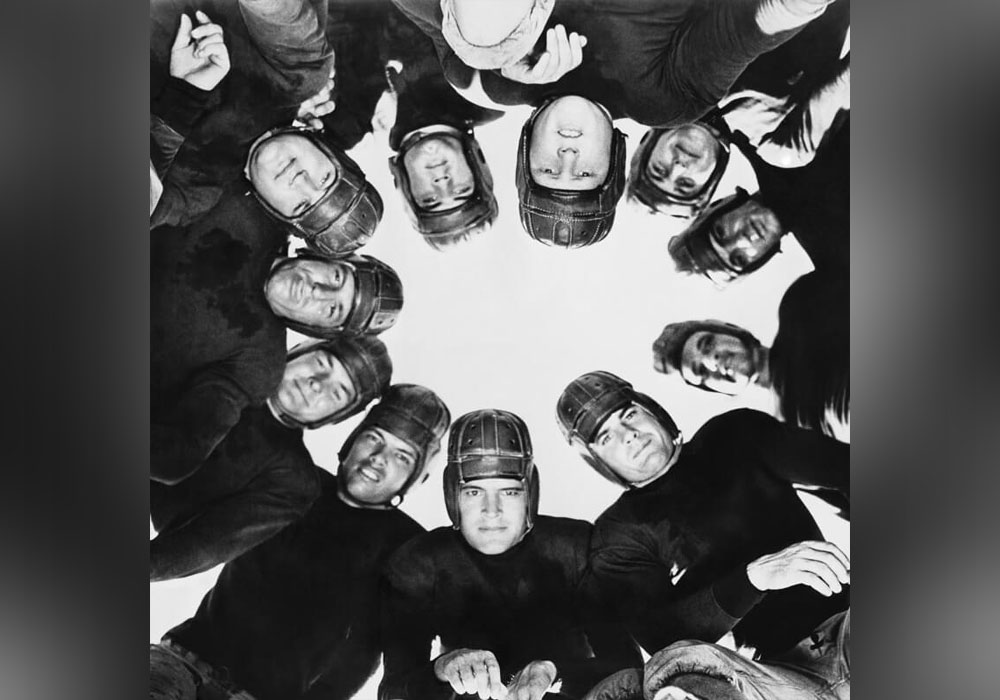Inquire vs. Enquire
And just what, may we ask, is the difference between these? While inquire means “to seek information in a formal way,” enquire means “to ask in a general way.” They can be used interchangeably. Inquire and enquire both originate from the same Latin word, meaning to seek. Both words mean to request information or examine facts. Ask As verbs, both words mean to ask for …











